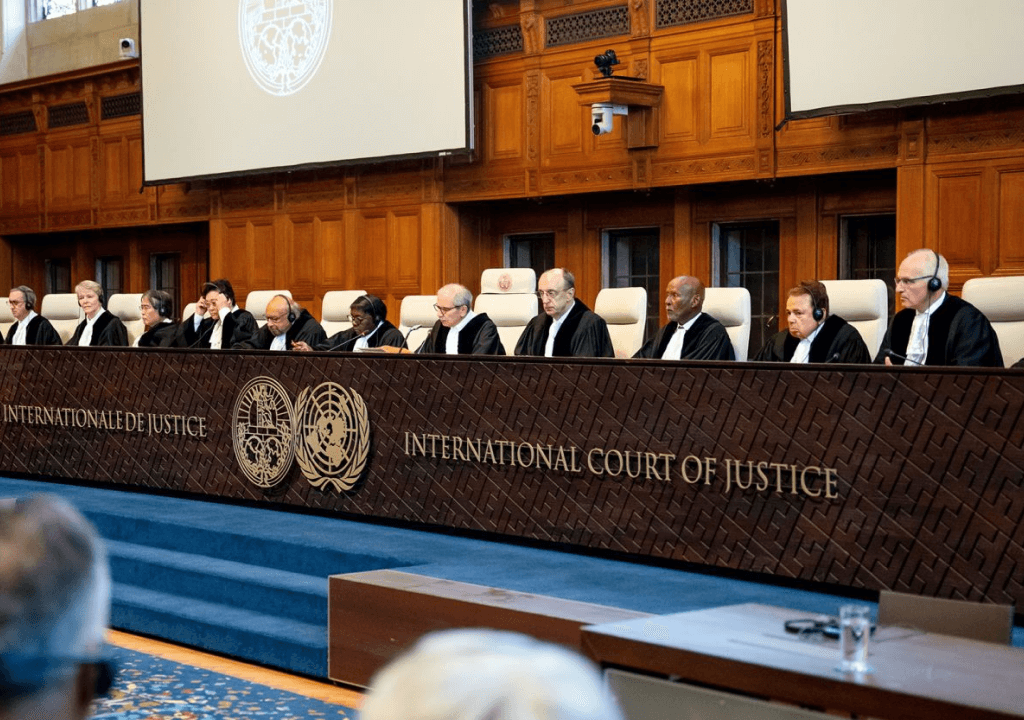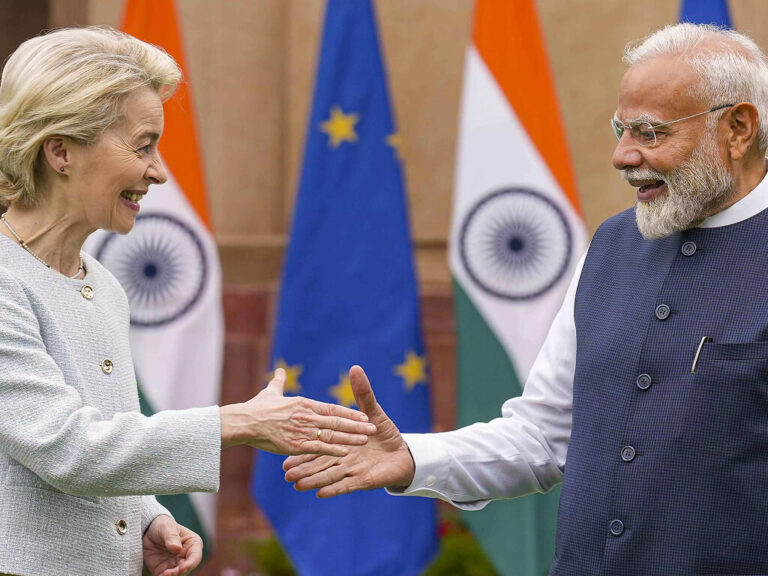The hilly land known as Samaria to Israel and the West Bank to the rest of the world is a center of complex geopolitical tension. This land, reclaimed by Israel from Jordan during the 1967 war, is considered part of the territory designated for an independent Palestine, alongside Gaza. However, both Israel and Palestine remain unwilling to compromise on their stances, failing to reach an agreement on a widely accepted two-state solution. Consequently, Israel has unilaterally begun annexing the West Bank, often involving the forcible removal of the local population and the facilitation of Israeli migration, thereby undermining the prospects for a Palestinian state.
Although Western countries permitted Israel to proceed and Arab nations showed little interest, the UN’s International Court of Justice (ICJ) disagrees with Israel’s actions. The ICJ has now ordered Israel to end its occupation of the Palestinian territories as swiftly as possible and to provide full reparations for its internationally wrongful acts. Alongside the ICJ’s moves to charge against Netanyahu in light of war crimes in Gaza, it appears that the ICJ is taking a tougher stance against Israel, though Israel is likely to disregard its orders.
Nawaf Salam, President of the ICJ, stated that the court views Israel’s violations of the prohibition on acquiring territory by force and of the Palestinian people’s right to self-determination as directly affecting the legality of Israel’s ongoing occupation of Palestinian territory. He emphasized that Israel’s persistent abuse of its position as an occupying power, through annexation, asserting permanent control over the territory, and continually obstructing the Palestinian right to self-determination, breaches fundamental principles of international law and makes Israel’s presence in the occupied territory unlawful.
The court identified several breaches of international law by the government of Israel, including forcible evictions, widespread house demolitions, and restrictions on residence and movement. It also noted severe violations such as the transfer of Israeli settlers to the West Bank and East Jerusalem with excessive government support. Additionally, the court highlighted Israel’s failure to prevent or address settler attacks on Palestinians, restrictions on Palestinian access to water, and the exploitation of natural resources in the West Bank. Furthermore, the court observed the extension of Israeli state law to the West Bank and East Jerusalem. The Hague court also found that Israel was in breach of Article 3 of the International Convention on the Elimination of All Forms of Racial Discrimination.
Palestine welcomed the court’s order. Palestinian President Mahmoud Abbas, ruling from the West Bank, described the decision as historic and a victory for justice, urging that Israel be compelled to implement it, fearing Israel might neglect the order. Palestinian Foreign Minister Riyad Al-Maliki called it a “watershed moment”. However, Israeli Prime Minister Benjamin Netanyahu, a firm supporter of West Bank annexation, expressed discontent. In a statement, Netanyahu emphasized that the Jewish people are not occupiers in their own land and asserted their ancestral heritage in Judea and Samaria. He criticized the ICJ decision, stating, “No decision of lies in The Hague will distort this historical truth, and the legality of Israeli settlements in all parts of our homeland cannot be disputed”.
Israel did not participate in the proceedings, which involved arguments from an unprecedented 52 states, but it submitted a written argument in July of the previous year, urging the ICJ to dismiss the request for an opinion. Israel also accused the court of prejudice and of failing to recognize Israel’s right and duty to protect its citizens, citing the October 7th attack as an additional point of contention.
In addition to ordering an end to the occupation as soon as possible, the court, composed of 15 judges, stated that Israel must cease all unlawful acts, including halting new settlement activity and repealing legislation that maintains the occupation, particularly laws that discriminate against Palestinians or alter the demographic composition of any occupied territories. The court also mandated the evacuation of all settlers from existing settlements and the dismantling of sections of the wall constructed by Israel in the occupied Palestinian territory. Furthermore, the court called for the return of all Palestinians displaced during the occupation to their original places of residence.
UN Secretary-General António Guterres will promptly transmit the advisory opinion to the 193-member General Assembly, and it is for the General Assembly to decide how to proceed in the matter. However, the matter is likely to remain unresolved as Israel is unlikely to agree with the ICJ order due to concerns that withdrawing from the West Bank will pose severe security threats to Israel, similar to those from Gaza. Although Israel withdrew its military and settlements from Gaza in 2005, the terrorist organization Hamas strengthened its position there, leading to attacks on Israel.
Now, Israel is taking back control of Gaza and may act rapidly in the West Bank as well. Right-wing parties are pushing for more settlements, and Israeli politicians with real estate interests have their eyes on the West Bank, further diminishing the prospects for a Palestinian state. As a result, the ICJ decision is unlikely to be accepted by Israel, and they will not work in the direction of the order. However, this decision will mark an important chapter in the history of the Israel-Palestine conflict.








